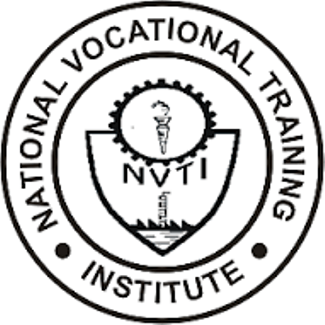Lack of skills training affecting Ghana’s market competitiveness

Madam Mawusi Nudekor Awuti, Executive Director, National Vocational Training Institution (NVTI) has observed that the lack of interest of the country’s youth in skills training was negatively affecting Ghana’s “market competitiveness.”
She said the drive towards a middle income status depended largely on maintaining quality workforce and called for new ‘love’ for skills training.
Madam Awuti said this when she opened a six month free agribusiness training programme at the Nkwanta Youth Skills Acquisition Centre (NYOSA) at Kpasa in the Nkwanta North District to provide industry standard skills for rural folk.
She said skills in technical and vocational training was the way to go and called on the beneficiaries to consider expanding the industry to benefit others.
Madam Awuti said government was investing in cottage industries to help reduce rural-urban migration, and that NVTI was also working to ensure that trainees fitted into competitive markets and therefore advised the youth to identify their skills and talents, and seek the advantage of training programmes towards venturing into the entrepreneurial space.
The programme was organised by the Fair River International Association for Development (FARIAD) under its “Accelerating Skills and Strategies for Entrepreneurship Transformation for Youth in Agro-processing” initiative.
This year, the programme is training young people in agro-processing, agri-business, contract farming, occupational health and safety management, as well as entrepreneurship and innovation.
The German Development Coorporation (GIZ) is supporting the programme through its Ghana Skills Development Initiative project, and the Agricultural Technical Vocation Education and Training (ATVET) under the Africa Union’s Comprehensive Africa Agriculture Development Programme (CAADP).
Mr Michael Boateng, a Technical Advisor with the GIZ on the CAADP ATVET project said African leaders had laid emphasis on training and skills development to increase industrial productivity especially in the agricultural sector, and that the GIZ was funding 12 countries on the project.
He said NYOSA, and five other farm institutes in the country were being supported with irrigation systems and processing equipment, and appealed to the youth to grab the growing opportunities in the farming sector and the GIZ would also support the Institute to acquire certificates for trainees to enable them access higher training opportunities.
Mr Joseph Agbeko, Executive Director, FARIAD said the Centre had trained over 170 beneficiaries and expressed gratitude to GIZ for supporting the project.
He said the practical oriented programme featured four months of tuition, and two months of industrial attachment, and that the curriculum was formulated in consultation with players in related industries for best results.
Mr Agbeko said the Centre was registered with the Council for Technical and Vocational Training and appealed for a permanent site.
Source: GNA
